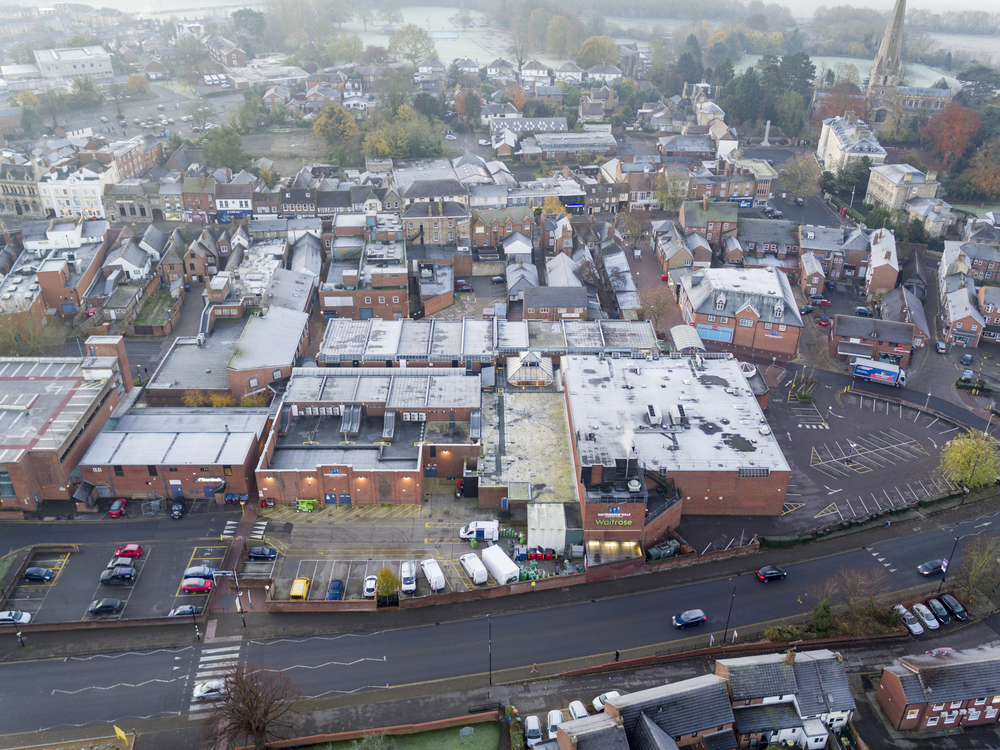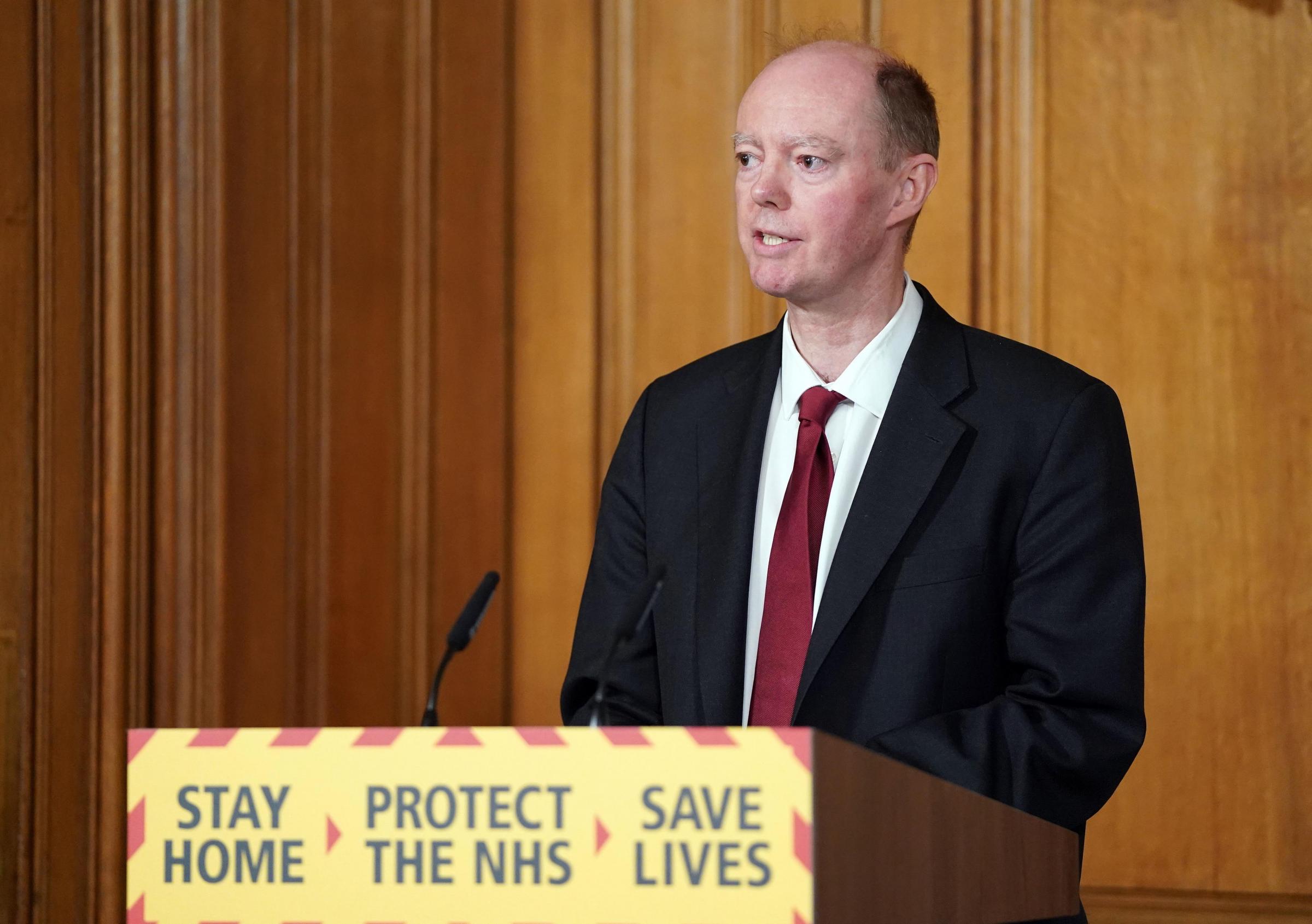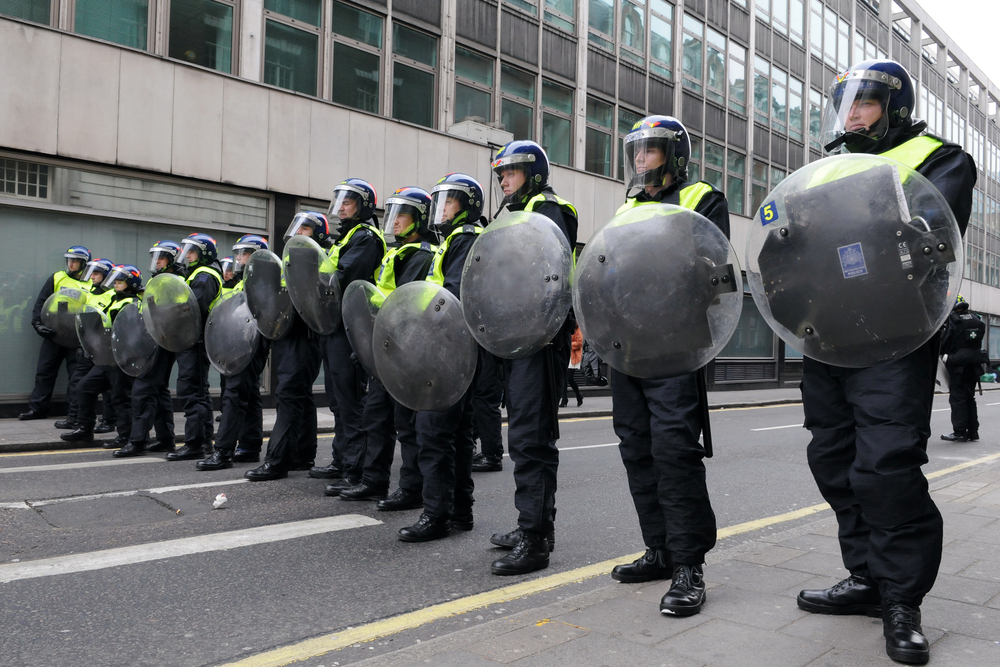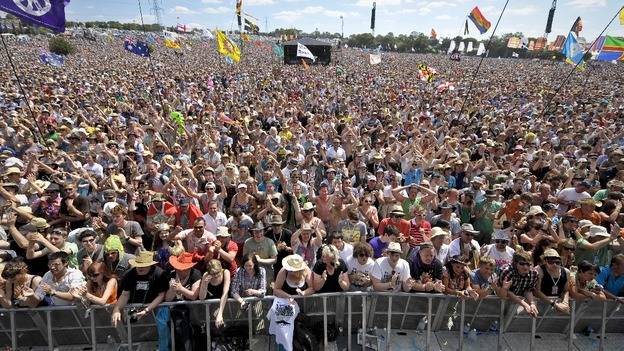In an effort to combat the rise in fake news stories appearing on the website’s feeds Facebook is to establish the Ministry of Truth.
Employees of the Ministry of Truth (known within the Social Media giant as MiniTrue) will be tasked with filtering genuine news from the output of hundreds of apparently reputable factual websites who use Facebook in order to give their articles greater exposure.
Following the checking process the Ministry’s staff will either green light the item to appear on Facebook, or consign it to a series of Memory Holes dug in the basement of Facebook’s California headquarters that lead directly to earth’s white hot molten core.
The foundation of MiniTrue was announced after Facebook chairman and CEO Mark Zuckerburg came under increasing pressure for accidentally helping elect gold-plated elevator aficionado Donald Trump as President of the United States. The fake news industry has also been implicated in other scandals, including the summer’s Brexit vote and the cancellation of Button Moon.
At this early stage in the Ministry’s operation it is not clear what methods its staff will use to differentiate so-called ‘fake news’ from genuine fact. Their job is expected to be further complicated by the long creative tradition of satire, which sometimes derives its humour from parody.
Speaking with The Rochdale Herald Winston Smith, a senior figure within MiniTrue, explained that there were a number of criteria being considered.
“There is a lot of concern over us being unable to differentiate satire from lies,” admitted Mr. Smith. “In order to do this we expect to simply look on the website for the article for any mention of ‘satire’. In some cases this may not be necessary, such as articles that are clearly exaggerated in order to cause laughter or pieces loaded with literary references that do clearly not exist in the real world. In these cases the article is clearly satire.”
He admits the task will be a struggle:
“This year more than ever we have seen popular opinion diverge to polar opposites. Thus, an article that one individual may hold up as true, another may ridicule as fake, simply because they don’t agree with it. In extreme cases we will have to research specifics, such as the sources cited in the article, any statistics that conclusions are drawn from, or whether the article is in the Daily Express.”




































